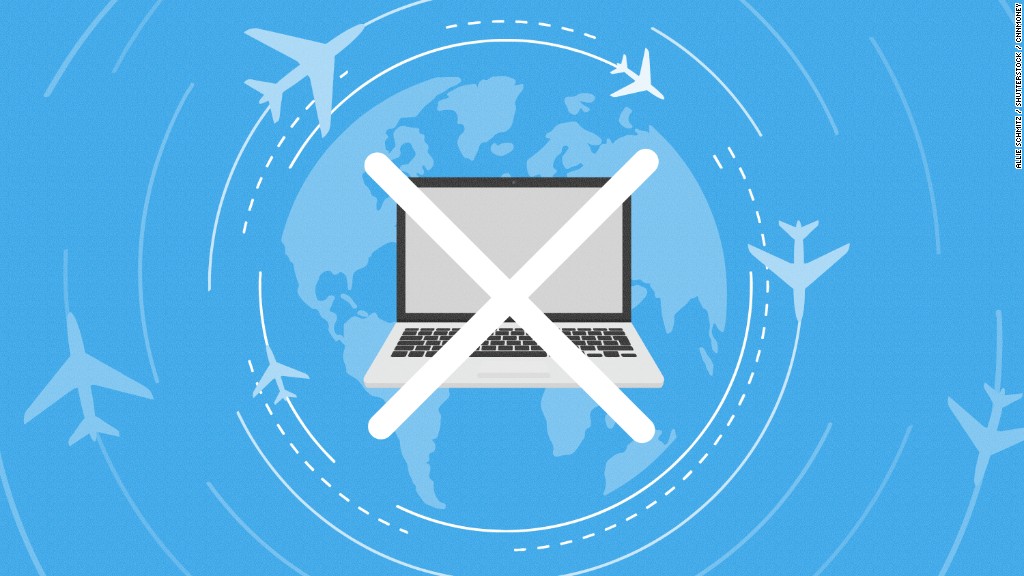Cryptocurrency Bitcoin’s value has now dropped to $6,000, a fall of $13,000 since November 2017.
What Is Bitcoin?
Bitcoin is a digital web-based currency that operates without the need for central banks and uses highly secure encryption to regulate the currency units and to verify transfers of funds. Bitcoin, which was first produced in 2009, uses the ‘Blockchain’, an open and programmable technology that can be used to record transactions for virtually anything of value that can be converted to code and is often referred to as a kind of ‘incorruptible ledger’.
In order to receive a Bitcoin, a user must have a Bitcoin address i.e. a ‘purse’ (of which there is no central register).
Bubble
Warnings of a Bitcoin ‘bubble’ were being delivered last year after its value rocketed from $1,000 to £19,000 in the space of less than a year.
Why The Fall In Value?
Several factors have led to the rapid fall in value since November last year. These include:
- Tightening legislation and government opposition. Back in September, for example, China ordered exchanges to cease trading in the cryptocurrency as a way to gain control of the cryptocurrency through forced licensing. Also, China and South Korea have now banned initial coin offerings, Japan and Australia have taken steps to tighten Bitcoin regulations, and US restrictions look set to follow.
- Negative predictions by currency experts. The news reports of the Bitcoin ‘bubble’ plus financial regulators in the UK and France warning investors that they could lose their money if they buy digital currencies issued by companies, known as “initial coin offerings”.
- Banks and Credit Card Companies banning cryptocurrency purchases using credit cards. With less people able to buy cryptocurrencies, this has had the most recent downward effect on the value of Bitcoin.
- Cyber criminals cashing-in. Crime is toxic to reputations, and Bitcoin has been increasingly targeted by criminals. For example, Slovenian-based Bitcoin mining marketplace NiceHash reported the theft of Bitcoin to an estimated value of $80m back in December, and an escalation of ‘crypto-jacking’. This happens where people’s devices are taken over by criminals trying to mine crypto-currencies such as via the Android phone-wrecking Trojan malware, dubbed ‘Loapi’. Bitcoin has been widely publicised as having link with crime e.g. to evade traditional money laundering checks and other regulations. Bitcoin is often named as the currency that ransomware scammers request their victims to pay with because of the anonymity that it offers. Some currency commentators have even suggested that the recent surge in the value of Bitcoin towards the end of last year was partly caused by European banks buying Bitcoin to pay off ransomware as a short-term way to deal with cyber-security.
- Investors purchasing alternatives. As investors look for alternatives to the volatile Bitcoin bubble, this has had a negative effect on the value of Bitcoin, and a brief positive effect on the value of other cryptocurrencies.
What Does This Mean For Your Business?
From an investment point of view, Bitcoin is clearly risky. There are other cryptocurrency alternatives e.g. Ripple, Ethereum, Litecoin, but they all appear to have been tarred with the same brush as Bitcoin, particularly with the announcement that credit cards can’t be used to buy them.
Many of the possible advantages of cryptocurrencies to businesses e.g. to use for fast global trading and investing outside of bank controls, delays and red tape, are currently being overshadowed by the actions of banks and governments.
Cryptocurrencies may be currently in a dip, but the importance of other new technologies to businesses such as AI and driverless vehicles is finally being reflected in the value of the shares of companies who are leading the charge in those technologies, which are likely to provide many global business opportunities going forward.

